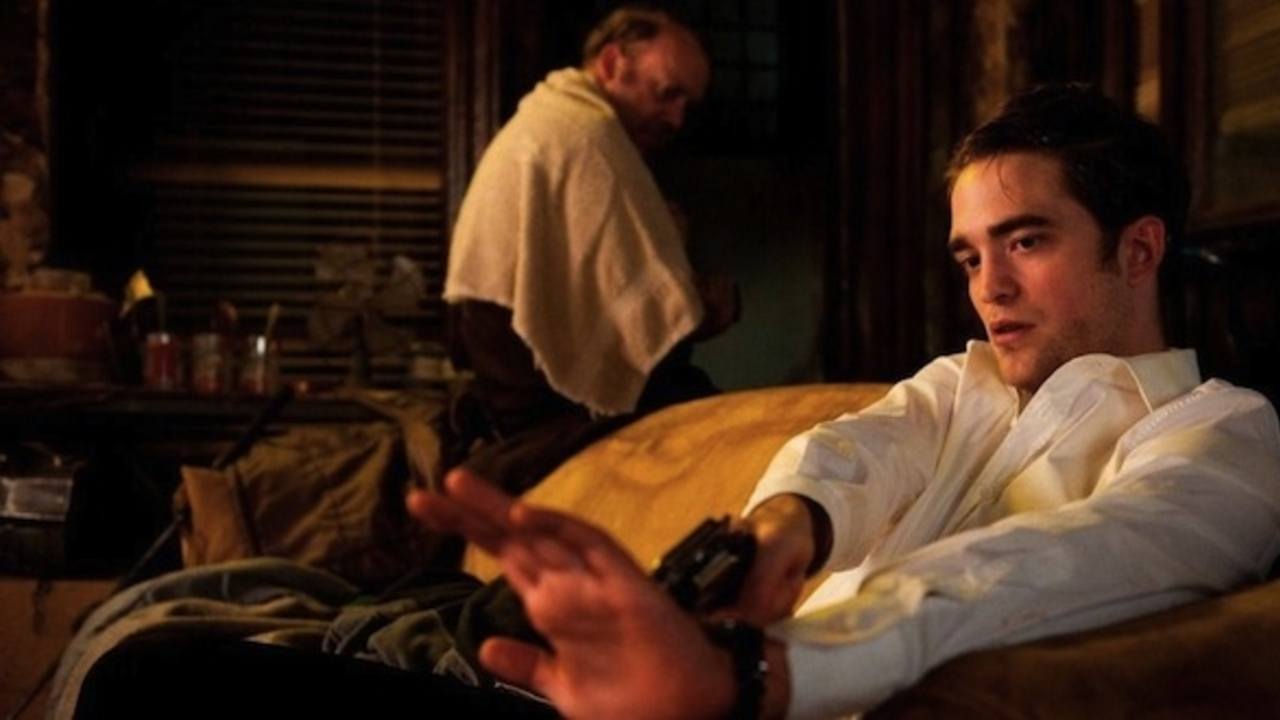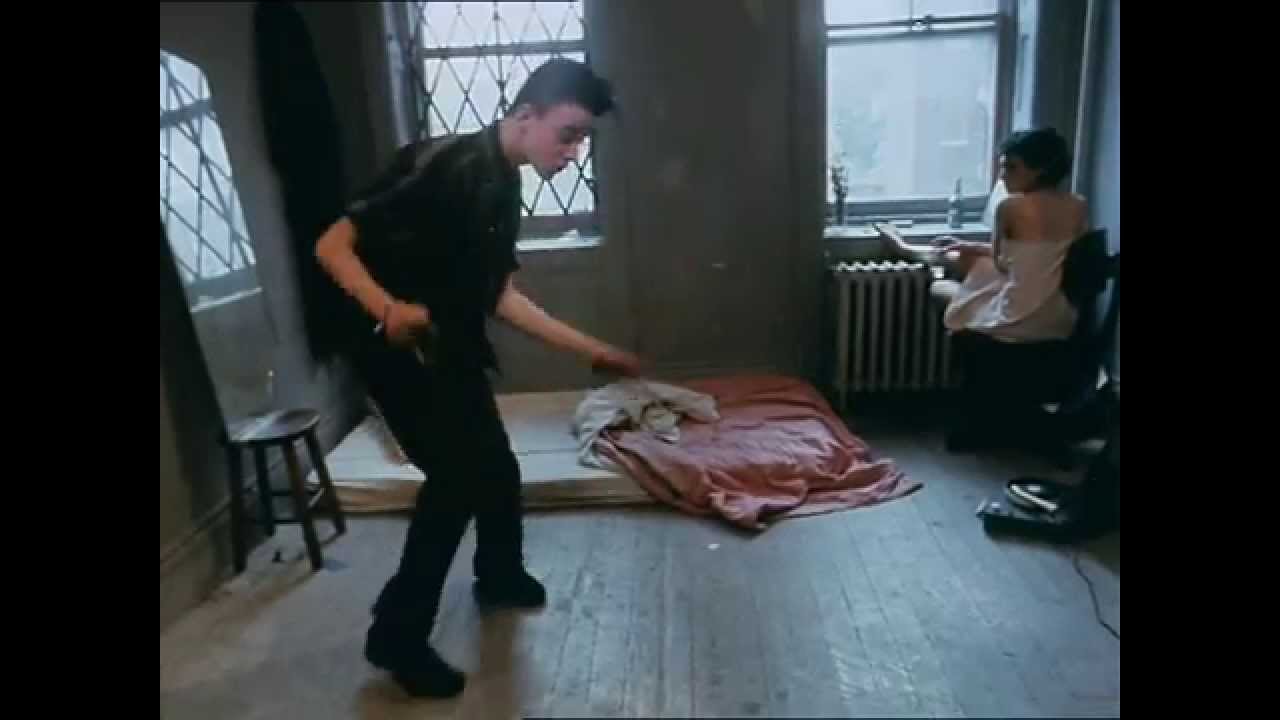A stranger comes to town with a mysterious past. He’s looking for someone, a Japanese farmer named Komoko, but no one will tell him anything; it’s clear the name brings up dark memories. Some details about him come out: he’s a veteran of World War II, which had recently ended; he’s there to deliver a medal to the father of someone who died saving his life; and he can do karate.
Guest
In the original text of D.H. Lawrence’s Lady Chatterley’s Lover, first published privately in Italy in 1928, the word fuck appears 26 times.
He first comes on the scene as one of the upper-class Lord Chatterley’s friends entertains the company by explaining, while denouncing sexual prudery and praising free love (with restraint), that he doesn’t “over-eat [himself] or over-fuck [himself]”; he makes his curtain call in the final moments, when the titular lover tells his now-divorced, disgraced beau that they “fucked a flame into being.”
“All this optimism, all this booming and soaring… Things happen like (snap) bang, this and that, simultaneous. I put out my hand, and what do I feel?” Jay Baruchel delivers these lines at the beginning of Cosmopolis, and it prepares the viewer for what will follow.
There’s a particular type of movie, the kind that depicts bourgeois capitalist decadence and excess, usually in the art world, or more specifically in the film world. La Dolce Vita is the iconic example, and all of the followers reference it; the recent examples I have in mind are The Great Beauty and Knight of Cups.
Unlike my pal Rick Kelley—who once told me, on the record, that “jazz sucks”—I actually like jazz music quite a bit, but I’m not great at just listening to it with full concentration. When my mind wanders, I sometimes play a game: “How would a rock music critic write about this?”
It may seem peculiar to go back and talk about a film two years after its release, especially one as forgotten as 2014’s As Above, So Below – so let me explain why anyone should care about the film first.
It’s a general rule in clowning – and I know with that phrase I’m already in danger of losing some of you, but stick with me – that you have to do something really cool and skilled before you can fail amusingly.






